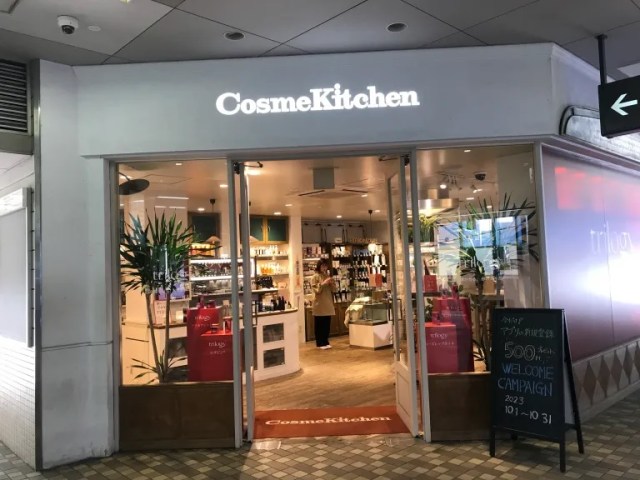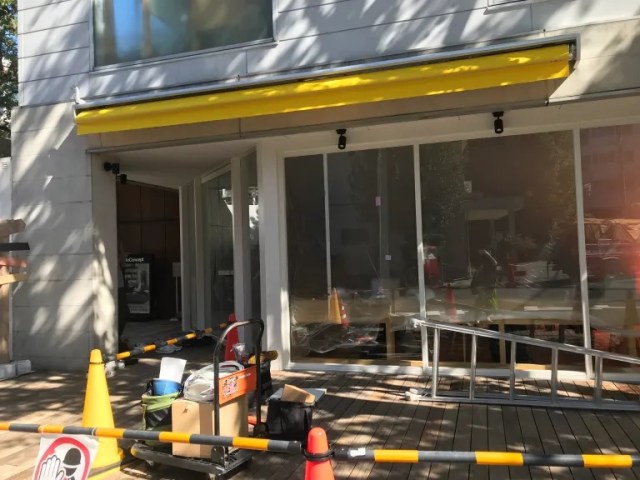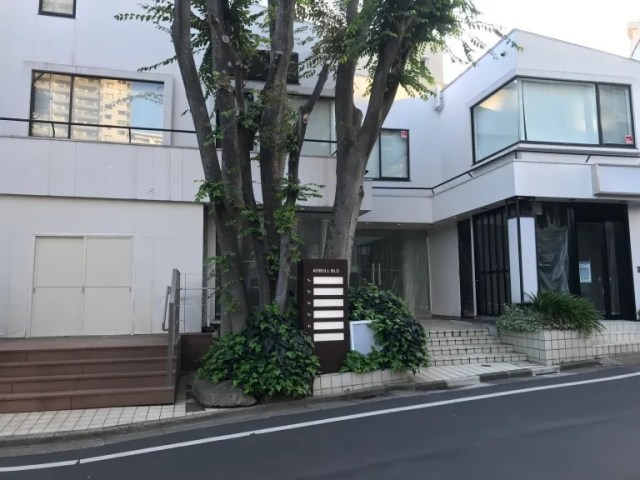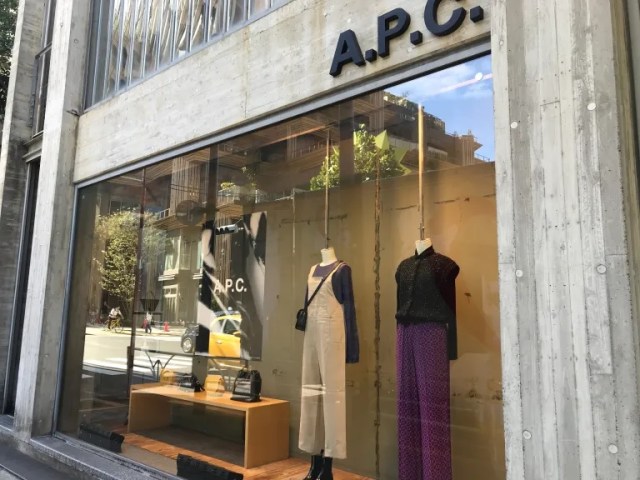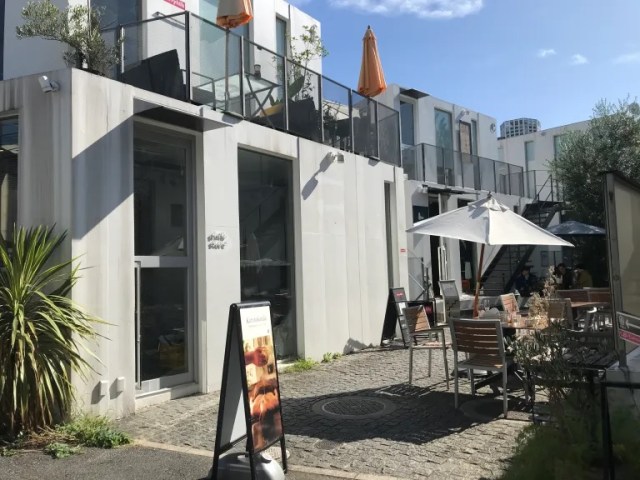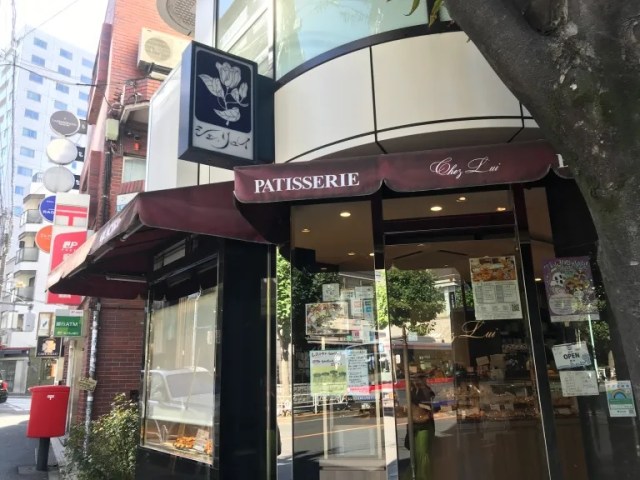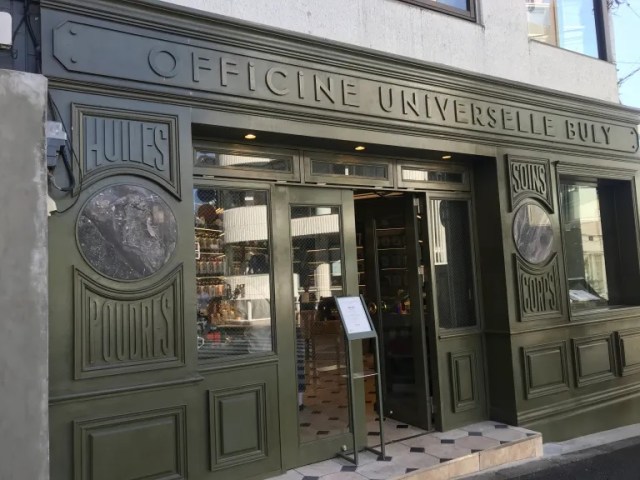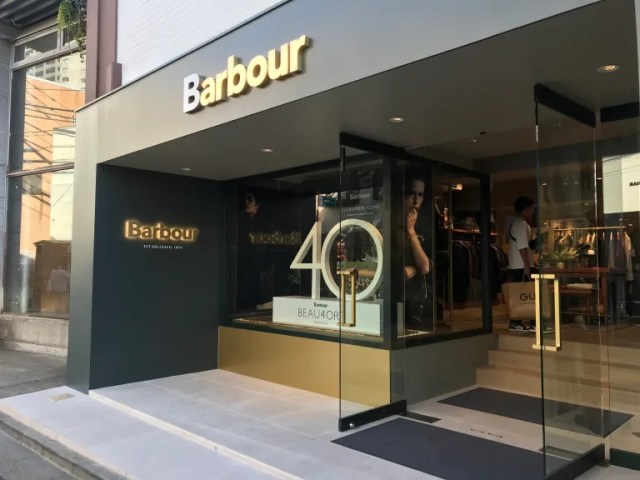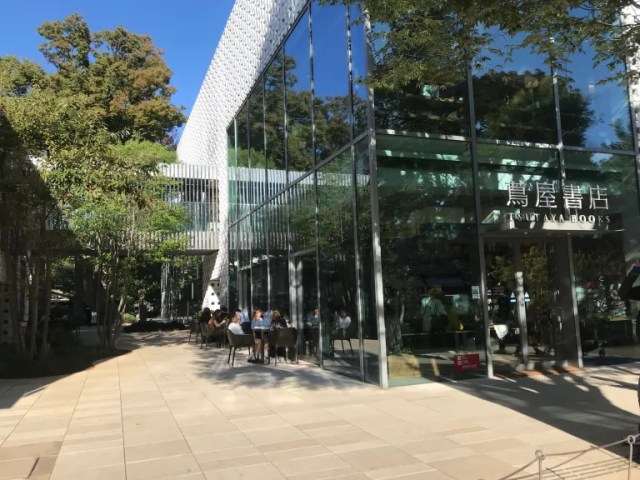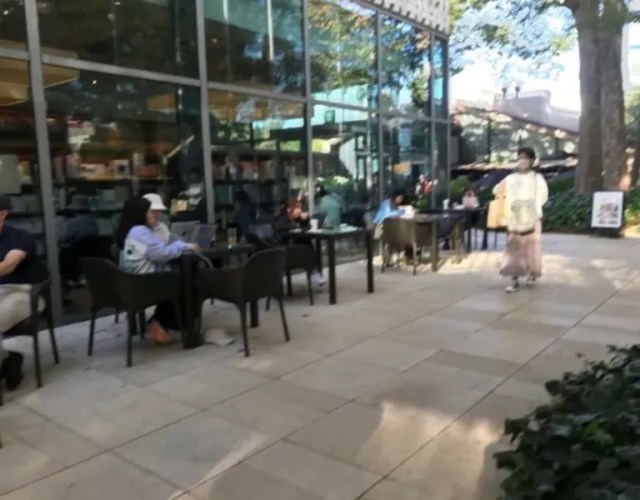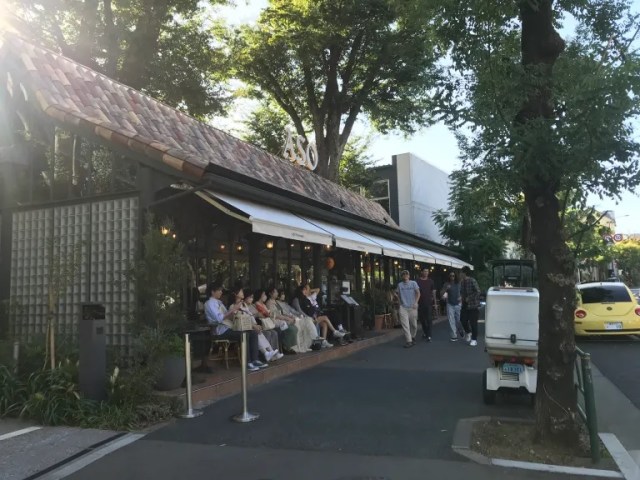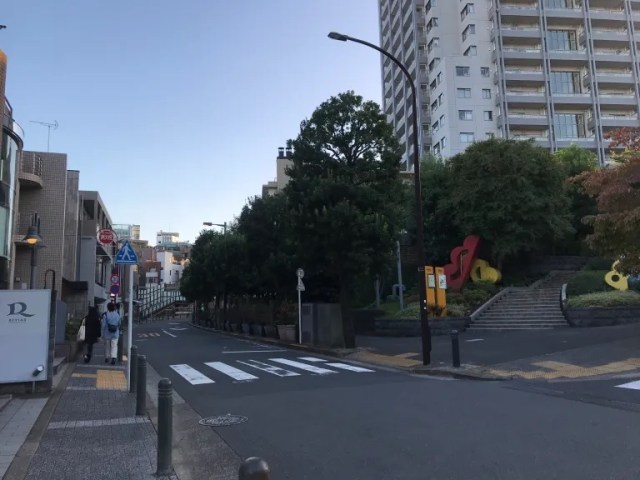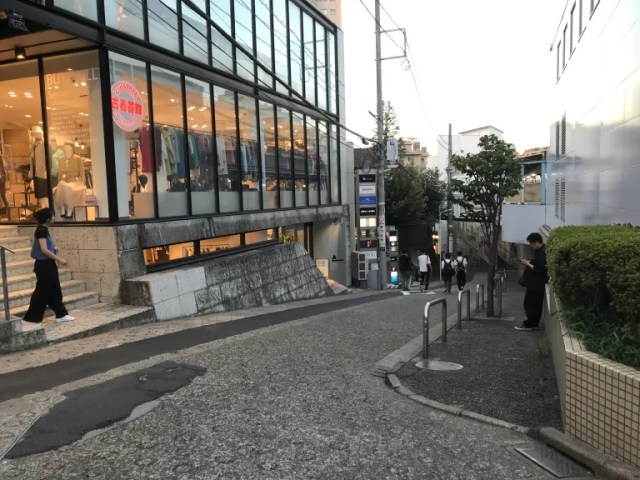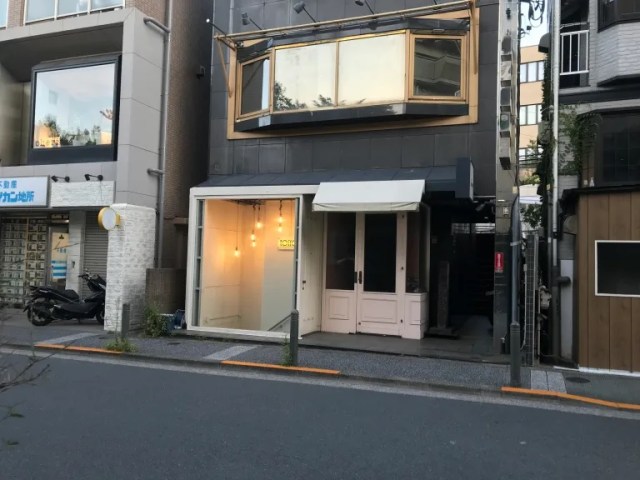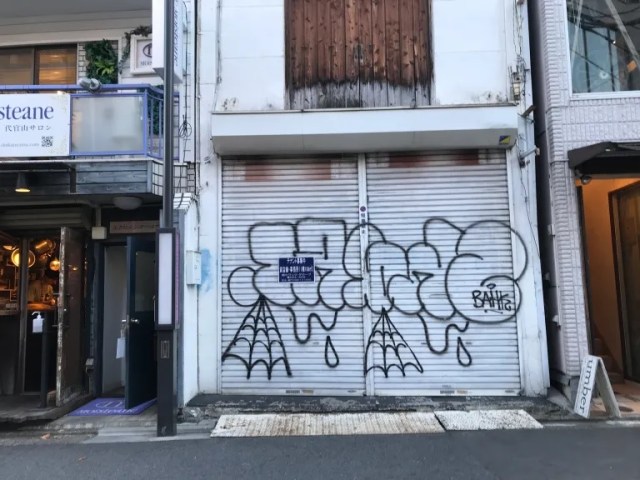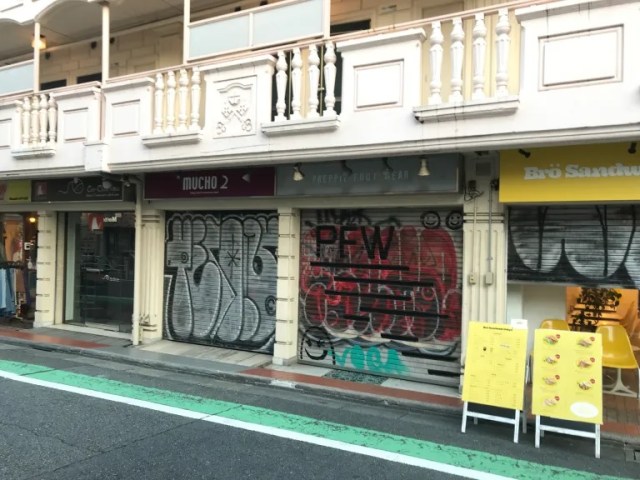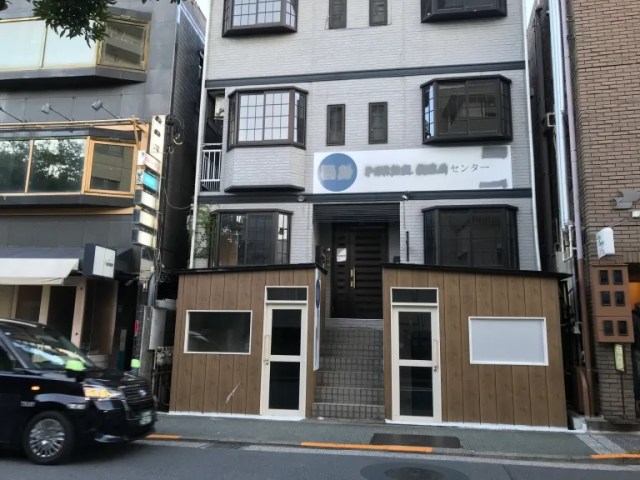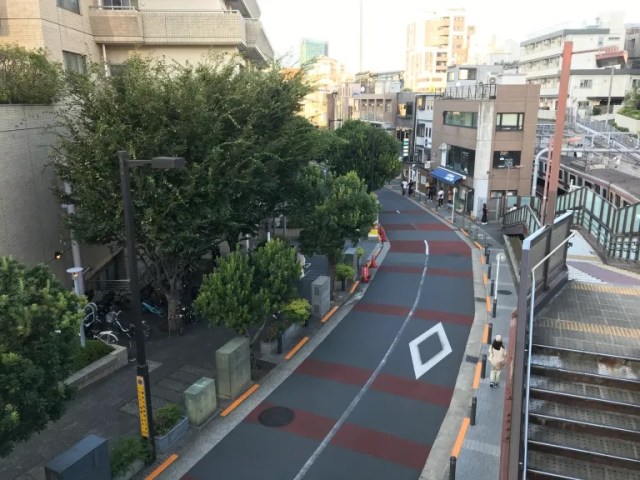[ad_1]
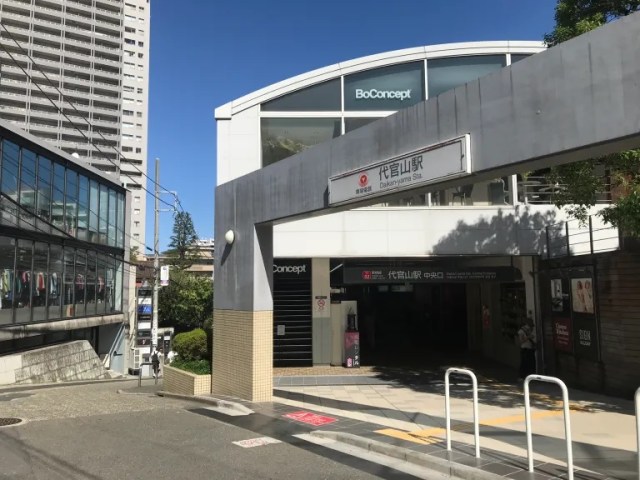
A go to to Shibuya’s low-key, high-class neighbor.
Tokyo’s Shibuya district is world-famous for its gigantic buying facilities and numerous bars, and the close by Nakameguro space’s riverside eating places and cafes, together with the Starbucks Reserve Roastery, have grow to be more and more fashionable in recent times. Tucked between them, although, is a neighborhood known as Daikanyama.
Although it’s only one station away from Shibuya, Daikanyama has a laid-back, nearly suburban really feel to it. The buildings and crowds aren’t as massive, and the fashions and eating places not as loud. However beginning within the mid-‘90s, Daikanyama developed a popularity as a sophisticatedly modern a part of Tokyo because of its specialty boutiques and fashionable cafes.
Not too long ago, although, our Japanese-language reporter Mariko Ohanabatake had begun listening to tales on-line about how Daikanyama has grow to be a ghost city, particularly that it had fallen sufferer to haikyo-ization (haikyo being a Japanese time period for city ruins). Curious to see if this was true, she hopped on the practice for Daikanyama Station to survey the realm on foot.
Proper as she stepped out of the ticket gates, she noticed that the station constructing’s department of Cosme Kitchen continues to be in enterprise. Cosme Kitchen is a well-liked cosmetics retailer, and seeing that they’ve a store in Daikanyama Station, the place solely the native trains cease, gave her hope that the neighborhood hadn’t solely became a ghost city, since chains like this often received’t hassle operating an in-station retailer except there’s a fairly good quantity of foot site visitors within the space.
Nonetheless, the cafe on the nook of the station constructing has closed down…
…and in one of many buildings throughout the road, all the tenants are gone.
Nonetheless, Mariko seen that even the ATM within the empty constructing is shut down, so she thinks the homeowners is likely to be planning to knock the construction down and construct one thing newer, and that the constructing is vacant on account of the tenants’ leases coming to an finish, not that they went out of enterprise from an absence of consumers.
Mariko subsequent headed over to Kyu-Yamate-dori and Yahata-dori, the 2 main boulevards within the neighborhood, each well-known for his or her trend and housewares outlets…
…and noticed that these are nonetheless there, as effectively are some trendy cafes…
…and the Chez Lui pastry store, which has been well-known for its canelés for years.
▼ Additionally nonetheless in enterprise: conventional tenugui hand towel service provider Kamawanu.
This a part of Daikanyama didn’t really feel like a ghost city in any respect, and neither did Daikanyama T-Website.
It is a sunny, open-air plaza that spreads out from the Tsutaya chain’s flagship bookstore, with a handful of eating places and occasion areas too. Although it was nonetheless inside working hours on a Friday afternoon, Mariko noticed loads of individuals stress-free and sipping a mid-day espresso right here.
Additionally not hurting for purchasers? The Cafe Michelangelo, an upscale Italian restaurant well-known for its sidewalk seats that’s been in enterprise for greater than 20 years.
Talking of the sidewalk, Mariko was sharing it with a number of locals strolling their canines as freshly washed luxurious vehicles drove previous.
Daikanyama Deal with, a buying plaza on the base of a condominium tower with a department of barely upmarket grocery retailer Peacock on the bottom flooring, has a number of empty areas, however not sufficient for something near haikyo standing.
It’s even obtained a department of 100 yen retailer Seria…
…and the hooked up park is being stored up properly.
Nonetheless, there’s one a part of Daikanyama that did really feel empty to Mariko.
For those who comply with the street down the slope from Daikanyama Station’s primary entrance, it leads into a road that goes to the bottom of Shibuya Station, and alongside the way in which Mariko seen numerous empty outlets, some with their shutters completely pulled down.
Nonetheless, this a part of the neighborhood has been in decline for a while. As talked about above, this street leads into Shibuya Station from the southeast, which has lengthy been the least-developed a part of the Shibuya neighborhood. Most of Shibuya’s sights unfold out to the northwest, and the handful of latest leisure facilities to the southeast are principally hooked up to the station constructing. In consequence, not many individuals make the stroll alongside this road from Daikanyama to Shibuya, because it’s simpler to simply preserve going yet another cease on the practice and get off at Shibuya Station.
This creates a self-perpetuating cycle: As a result of this route doesn’t get loads of foot site visitors, it’s exhausting for companies to succeed, and since the companies don’t succeed, there’s much less cause for individuals to stroll down this street.
However the different elements of Daikanyama? They appear to be doing simply fantastic.
So no, Daikanyama isn’t as busy and bustling as Shibuya, however that was by no means the case to start with. The studies of the neighborhood’s demise that Mariko had heard had been drastically exaggerated, so should you’re in search of a style of the elegant, modern native life, Daikanyama can nonetheless present it.
Photographs © SoraNews24
● Need to hear about SoraNews24’s newest articles as quickly as they’re printed? Observe us on Fb and Twitter!
[ Read in Japanese ]
[ad_2]
